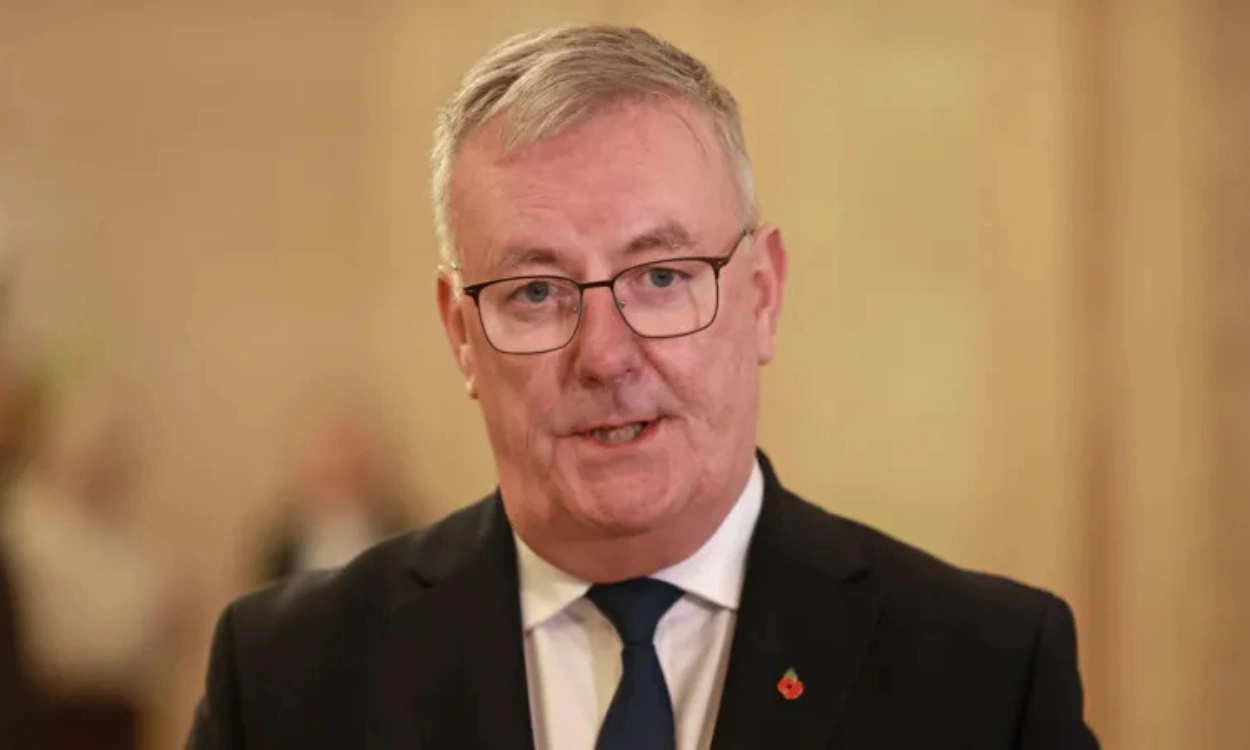Belfast, Northern Ireland – Healthcare workers in Northern Ireland are poised for “large-scale industrial action” unless their pay is brought into line with colleagues in England, Scotland, and Wales, according to union representatives. Unison’s Head of Health, Anne Speed, warned that the current situation, if unresolved, will “inevitably” lead to strikes.
This follows remarks by Health Minister Mike Nesbitt, who has cast doubt on Northern Ireland’s ability to fund the same pay deals offered elsewhere in the UK. Despite a Pay Review Body’s recommendation of a 5.5% pay increase for health workers in Northern Ireland, implementation remains pending, putting workers in Northern Ireland at a disadvantage compared to their UK counterparts.
The Pay Review Body’s recommended increase has been adopted across other parts of the UK, yet, Northern Ireland’s healthcare staff continue to wait for parity. While a recent budget boost provided £700 million in unspent funds from Westminster, Nesbitt’s health department received £350 million—still leaving a shortfall of £100 million to balance the books.
Union Leaders: ‘No Longer Tenable’
In interviews, Speed expressed frustration, asserting that healthcare workers in Northern Ireland feel “thoroughly undervalued and disrespected.” Speaking on BBC’s Nolan Show, she emphasized, “It’s not a tenable decision to tell workers here that they’re worth less than those in England, Wales, and Scotland.” She warned of “a very difficult environment” if the pay disparity persists, with healthcare workers potentially “on the picket lines post-Christmas.”
This sentiment is echoed by other union leaders, including Patricia McKeown of Unison and Rita Devlin, Director of the Royal College of Nursing (RCN) in Northern Ireland. Devlin expressed “absolute disbelief and disappointment,” noting that if strike action is necessary, it will be the third time Northern Ireland nurses have protested for pay parity since 2019.
Strains on the Health Service
Devlin warned of mounting pressure on healthcare staff who, she says, are “holding up a broken health service.” She pointed to overcrowded wards and emergency departments as evidence of a system already at its breaking point. “We can’t see another option but industrial action,” she told Good Morning Ulster, though she emphasized the decision ultimately rests with RCN members.
Brenda Stevenson from Unite the Union voiced similar frustration, expressing dismay that the issue has resurfaced. “If we don’t get the recommended 5.5% increase, we’ll have no other option but to ballot our members for industrial action,” she said. “You can’t keep a workforce if you don’t invest in them.”
Political Response and Ongoing Negotiations
Deputy First Minister Emma Little Pengelly acknowledged the challenges but stated that this budget round could not prioritize health worker pay as desired, given the pressing financial pressures across departments.
Nesbitt has committed to meeting health union leaders to discuss potential solutions, describing the situation as “regrettable” and “potentially serious.” In a Tuesday statement, he said, “I could not in all conscience support a funding allocation that falls short of what workers deserve.”
With healthcare unions set to meet with the Health Minister in the coming weeks, Northern Ireland could face a winter of labor unrest and potential disruption to healthcare services if a compromise is not reached.


